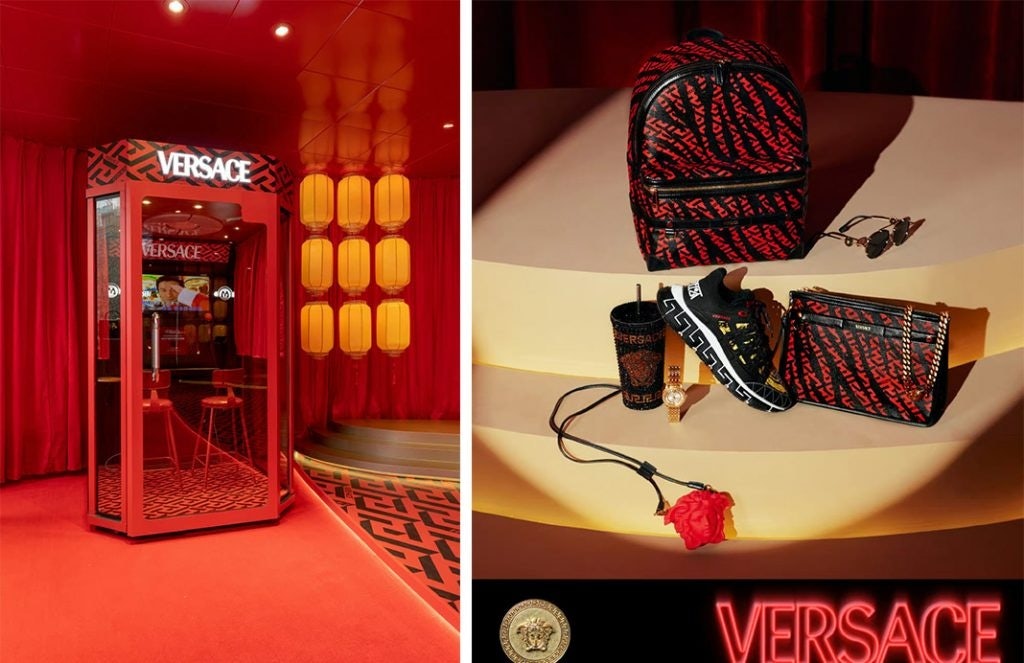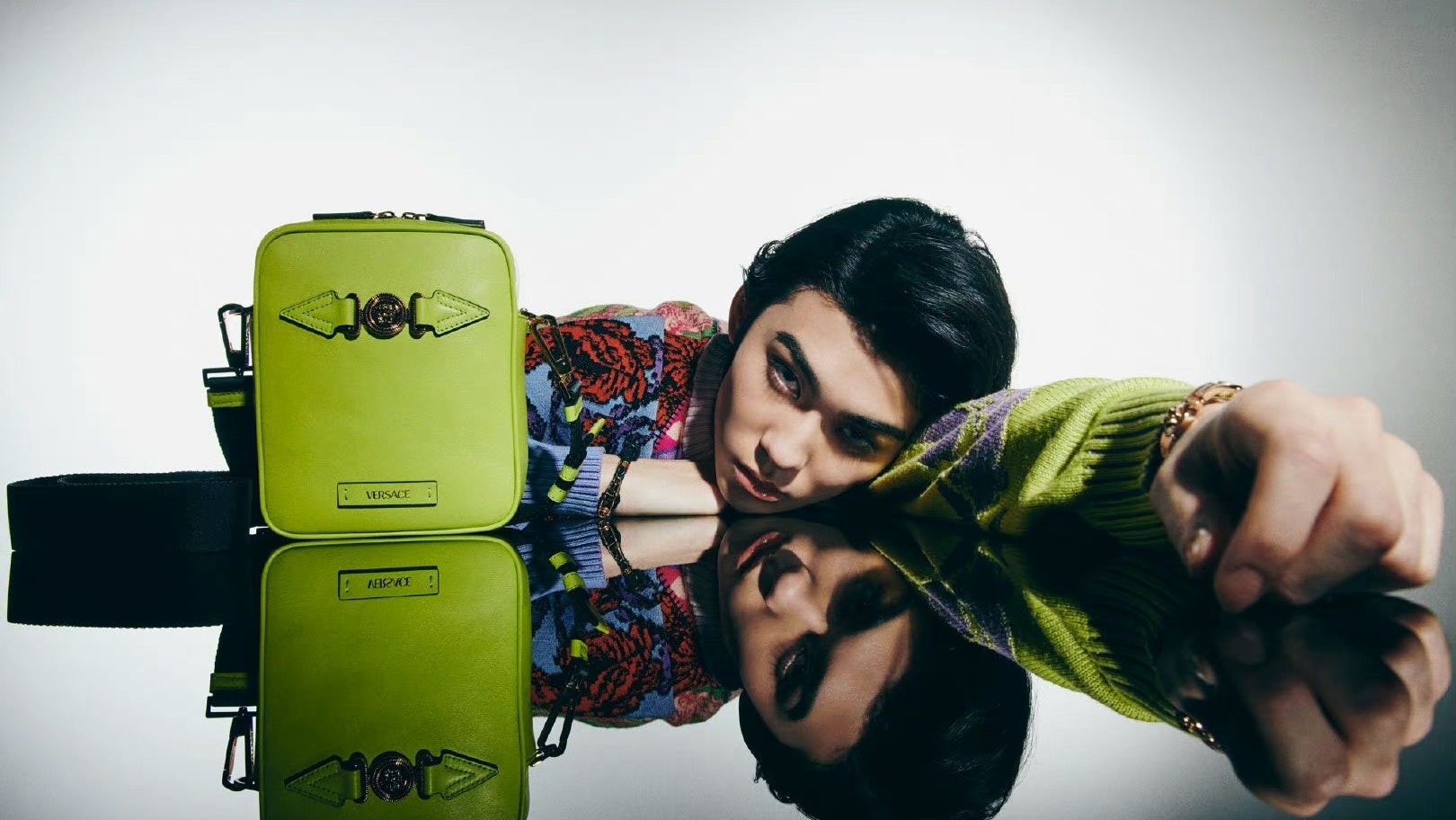Capri, Nike, and L’Occitane have one thing in common: they all beat Wall Street expectations with their latest earnings results. However, amid a cocktail of pressures — inflation, supply chain disruptions, COVID-related store closures — each is approaching the near future with caution. Here’s how these three players are making the most of challenging times.
Capri#
The owner of Versace, Michael Kors, and Jimmy Choo kicked off June’s round of earnings with stronger-than-anticipated results. On June 1, Capri Holdings Limited reported that revenue in the fourth quarter increased 25 percent to $1.5 billion (10.1 billion RMB), helping it close out its strongest fiscal year yet.
While Europe and North America both jumped over 30 percent in revenue, Asia increased just 2 percent due to 40 percent of the company’s stores in China experiencing closures or reduced operating hours. That said, Versace had several wins in the market over the fiscal year, from launching a Lunar New Year campaign that garnered 50 million impressions across social media channels to ranking among the top three brands in earned media value during Milan Men’s Fashion Week. Michael Kors also announced its first China watch and jewelry ambassador, actress Bilo, which garnered 30 million impressions.

Given ongoing COVID-related restrictions and supply chain issues, CEO John Idol anticipates revenue in mainland China to be down 40 percent year-over-year in the next quarter. But overall, Capri is optimistic about the resilience of the luxury market and its ability to achieve $7 billion (47.2 billion RMB) in revenue in the foreseeable future.
Nike#
Despite topping Wall Street expectations, Nike’s fourth quarter revenues were down 1 percent to $12.2 billion (82.2 billion RMB) compared to the year prior. This came as sales in its largest market, North America, tumbled 5 percent against a backdrop of inflation and its most profitable market, Greater China, dropped 19 percent — with lockdowns impacting 100 cities and over 60 percent of the sportswear giant’s business.
However, after 40 years in the country, CFO Matt Friend stressed that Nike remains “Chinese consumers’ No. 1 cool and No. 1 favorite brand.” This reputation was strengthened by Nike’s Tmall Super Brand Day in April, which featured a basketball-themed virtual world, community activities, and even a surprise live broadcast from Canadian rapper Drake. Driving nearly 1 billion impressions, this initiative helped the conglomerate secure the No.1 spot in the sports and outdoors category on Tmall and sell out its Nike Air Zoom G.T. Cut in seconds.

Building on this digital momentum, Nike plans to deliver a new suite of sports activities apps in the coming six months. Still, the sneaker maker expects first-quarter revenue to be flat to slightly up.
L’Occitane#
L’Occitane International achieved record profitability in the fiscal year ended March 31. China was its biggest driver, making up 18 percent of the French luxury beauty retailer’s total growth with net sales of $335 million (2.2 billion RMB). Sales in China remained strong even in the challenging fourth quarter, up 22 percent to $81.1 million (546.7 million RMB)
Flagship brand L’Occitane en Provence posted growth across all channels, with its Osmanthus fragrance line (debuted in Asia Pacific travel retail in September 2021) receiving increased marketing backing in the form of livestreams and celebrity campaigns. As a result, it outperformed the market during key shopping festivals and remains one of the top-ranked outfits in the premium body care and hand care categories in China. Meanwhile, sister label Elemis, known for its anti-aging products, launched two new stores in Shanghai and Nanjing during the year.
Relying on its other regions as China faces headwinds, the group expects to pass the $2 billion (13.5 billion RMB) mark in fiscal 2023.

